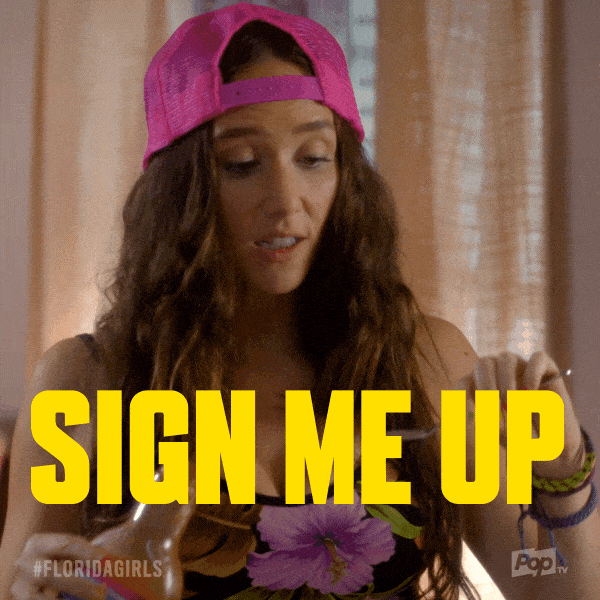My first LGBT+ History Month as an openly pansexual MP
Earlier this year, I came out as pansexual, becoming the first openly pan MP. This February is of particular significance for me. It is the first LGBT History Month I have openly celebrated as part of the community.
I did not come out to be heralded as a trailblazer. But upon coming out, I realised that my public visibility meant a lot to a lot of people. Many people in the LGBT+ community, especially those who fall under the ‘B’, ‘T’ or ‘+’, don’t feel visible to or accepted by the rest of society. These identities are often treated with suspicion or cynicism because people simply don’t know what they are.
We need to actively engage people in this conversation now. This is why LGBT+ education is so important.
This is where visibility comes in. When I came out, I found myself having to define pansexuality and I believe that the more we speak on the topic, the greater the understanding and acceptance of people who identify as LGBT+. Additionally, by having more elected officials who identify as LGBT+, we shine a light on a community and individuals who often feel hidden.
Increasing sexual diversity in politics and the media has the power to help those people who are afraid of being misunderstood to feel accepted by society. But there is more that needs to be done to teach the world about different identities and sexualities. We need to actively engage people in this conversation now. This is why LGBT+ education is so important.
By teaching children about different kinds of relationships, we remove the gap in knowledge and challenge stereotypes. We stop an LGBT+ teenager feeling there is something wrong with them. We stop them being bullied for who they are attracted to or who they love. We can help to build a world where people are comfortable to be themselves.
By teaching children about different kinds of relationships, we remove the gap in knowledge and challenge stereotypes.
No, LGBT+ education in schools is not a one size fits all solution. It will take time for the education to disperse through society, but by educating children, we can actively improve attitudes.
Homophobia and hate often come from a place of miseducation and lack of interaction. People who don’t meet or learn about the LGBT+ community, are more likely to believe misguided stereotypes about the community and the individuals.
While it is important to look at LGBT history, we must also look to the future. Look to improving visibility, and education for the LGBT+ community. I am excited to celebrate my first LGBT History Month as part of the community and reflect on the achievements we have made. But I keep at the forefront of my mind that there is a lot that we need to do to keep making a difference.
Go to Source
Author:



